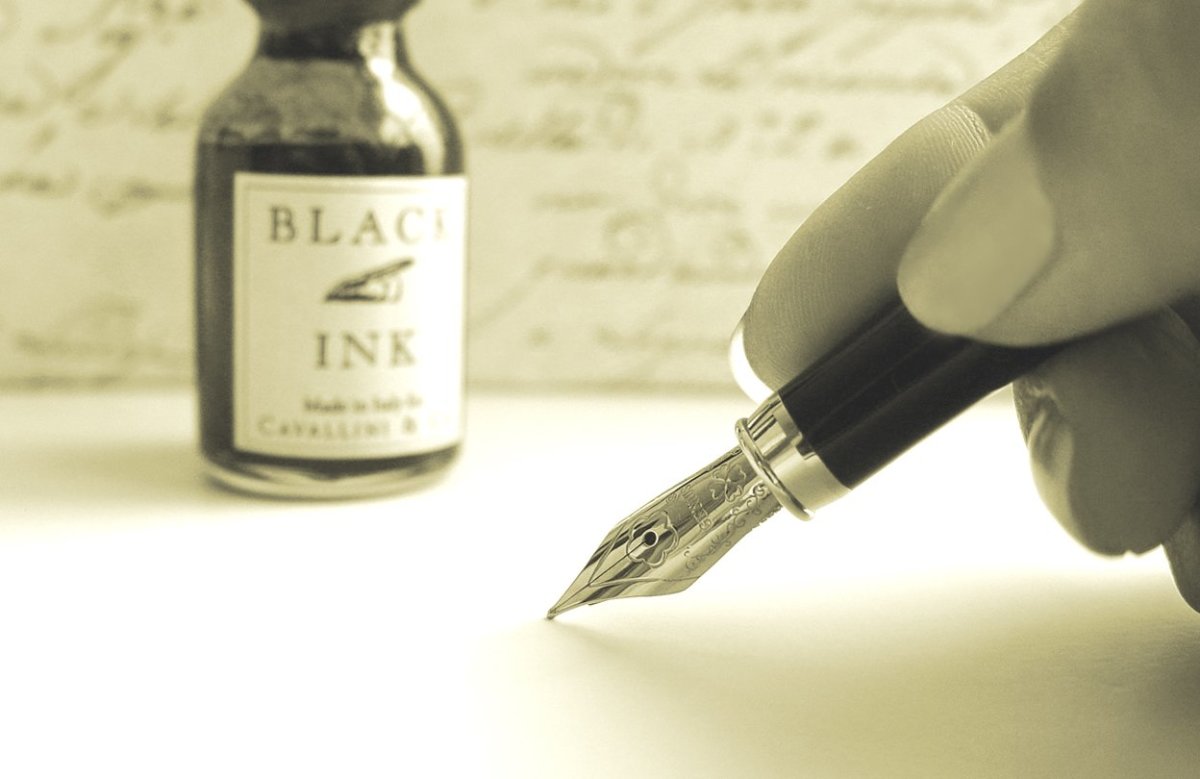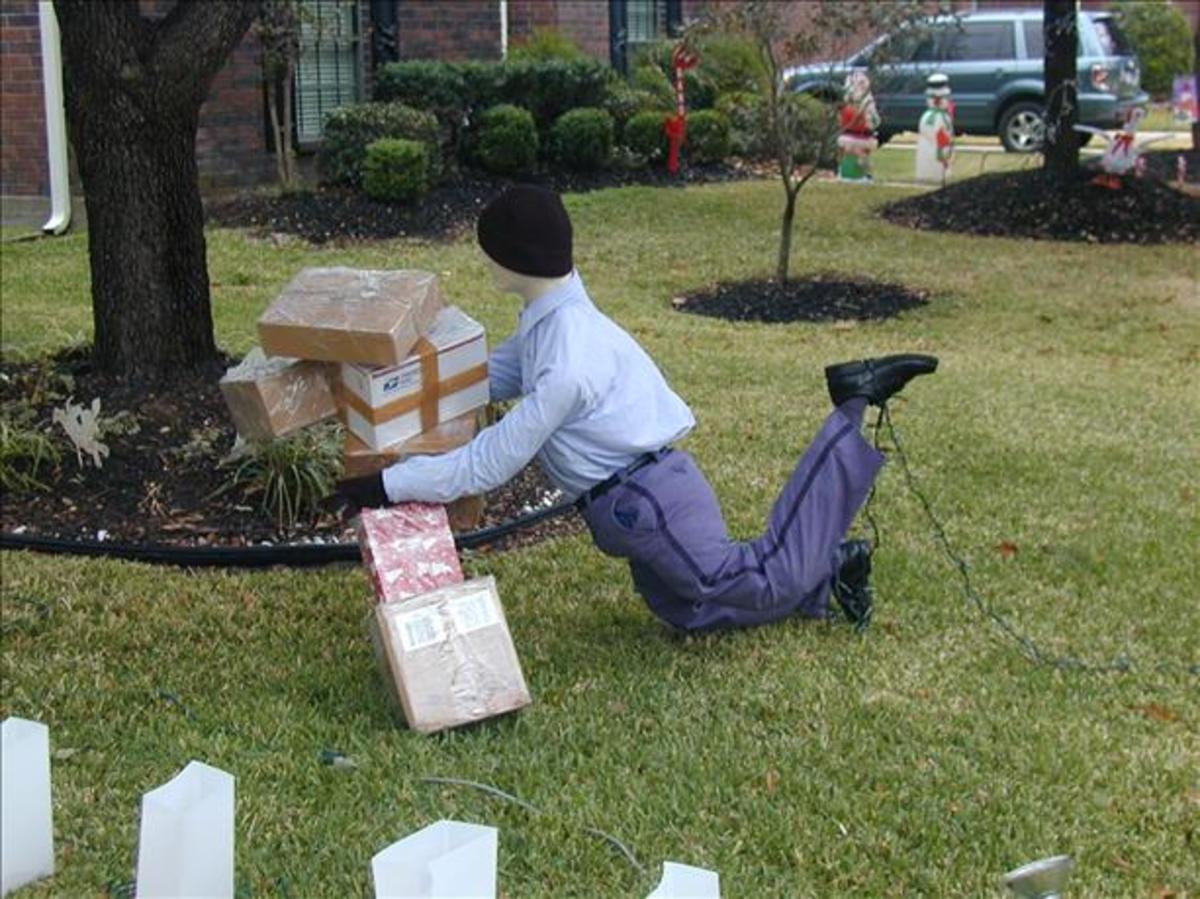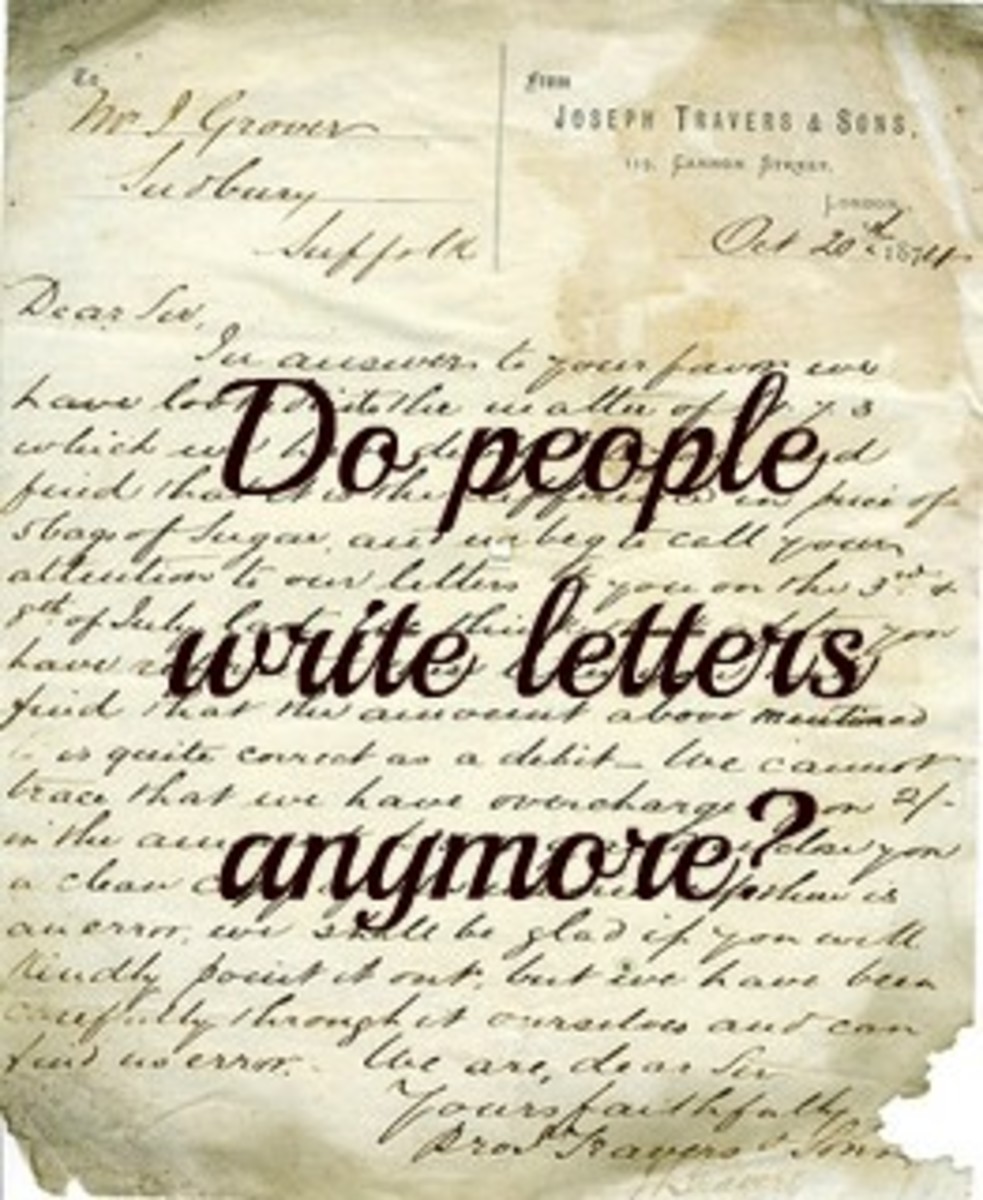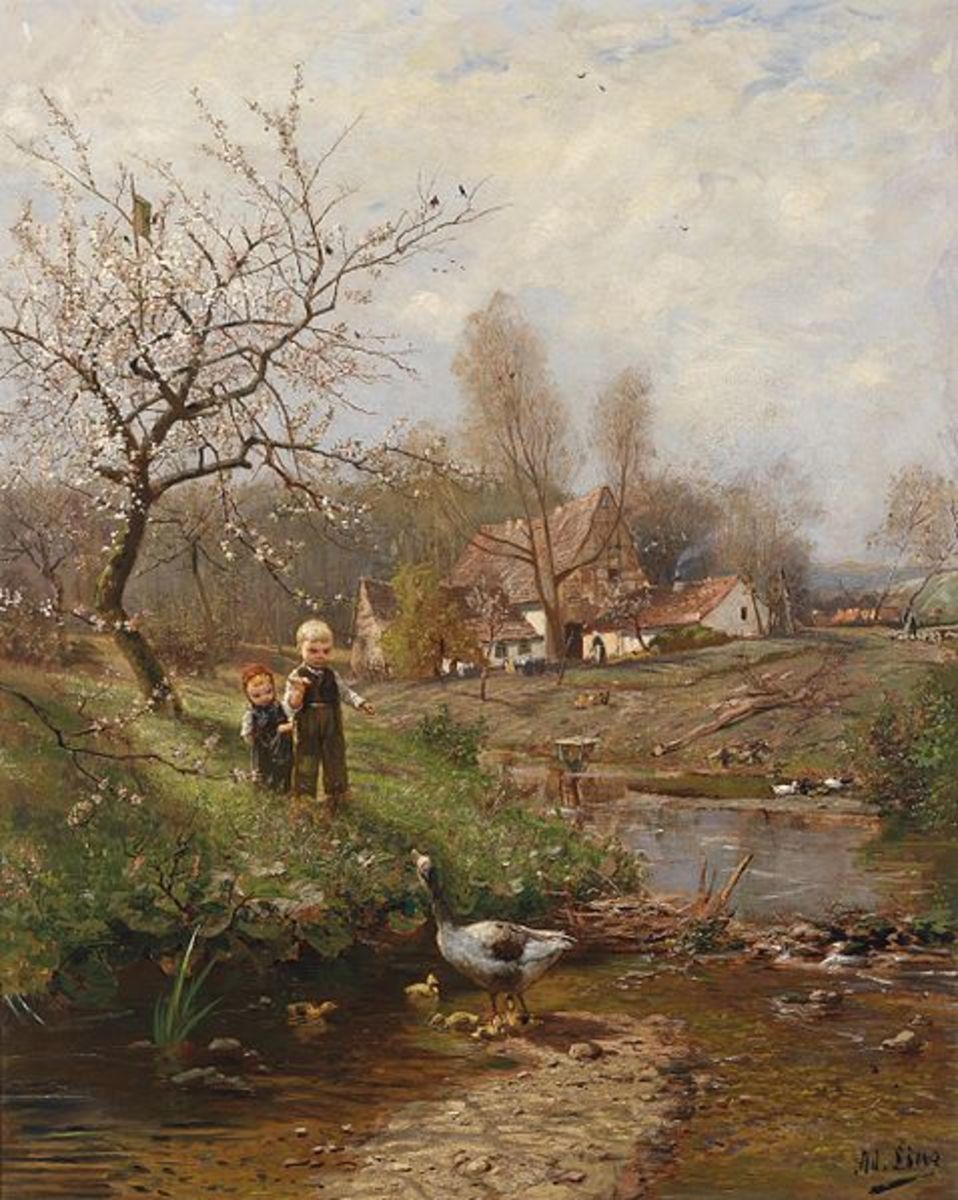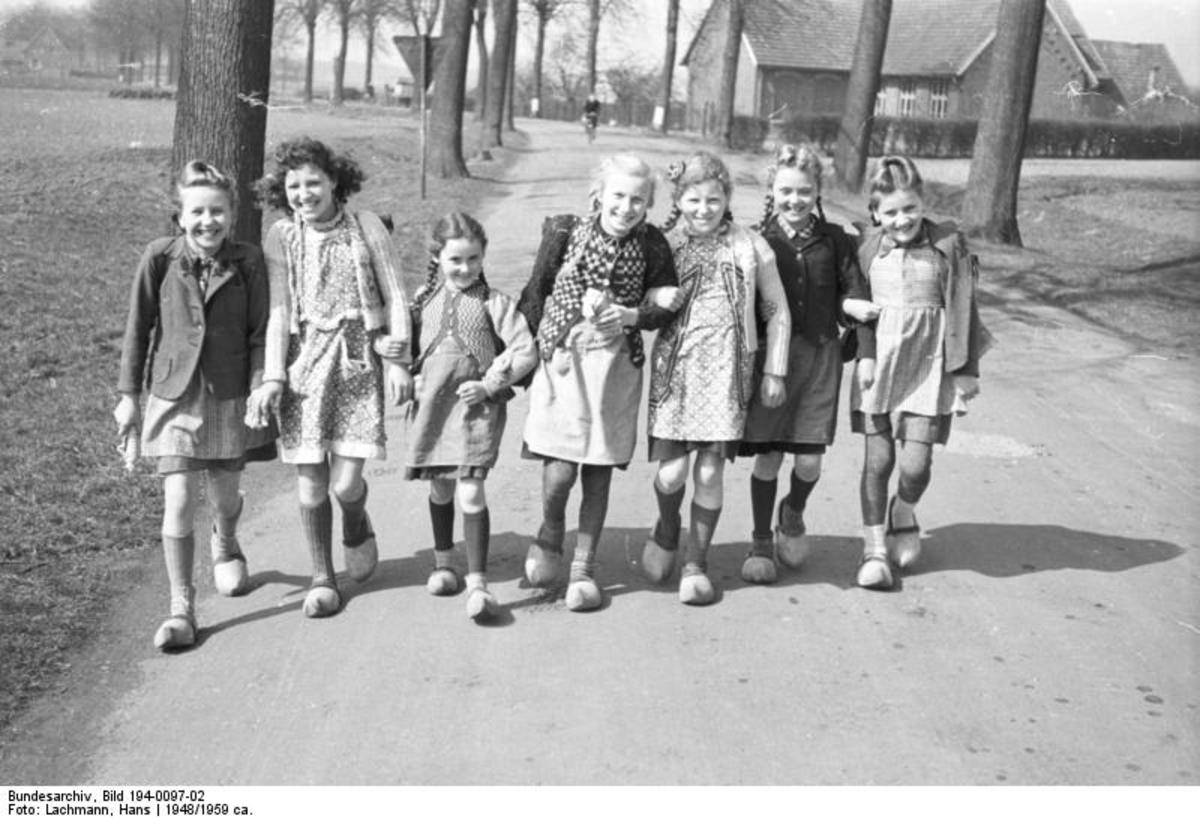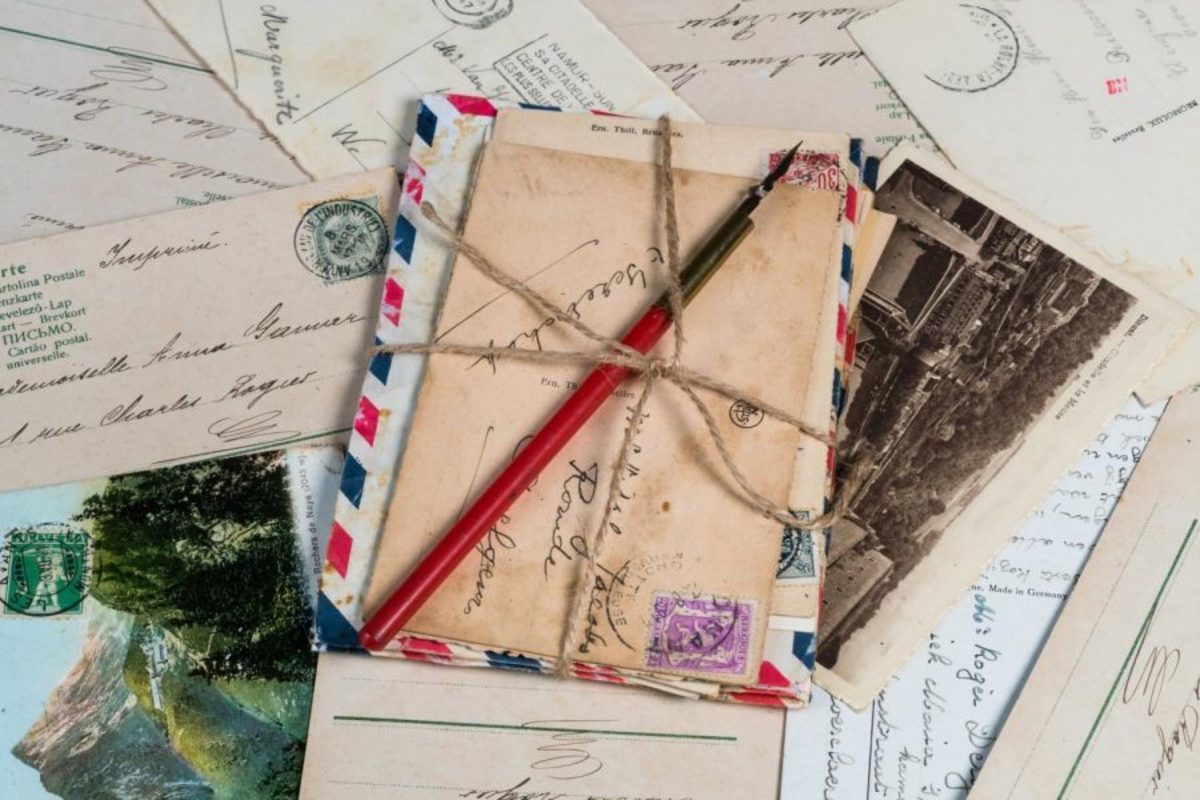Lost in the Mail: Letter-Writing is a Dying Art

Technology Reigns
In a world that thrives on speed and technological improvement, any refusal to "get with the times" can seem a bit backward. Some of the intangiables, however, are lost as a result of "improvement." A Kindle book will never have the smell of a first edition hardback. A project on Microsoft Paint will never have the allure of a Van Gogh. And e-mails and text messages will never have the warm feeling of a handwritten letter.
That being said, it is difficult to even imagine a non-apocalyptic world that would return heavily to this centuries-old method of communication. As Sue Brennan, spokeswoman for the United States Postal Service succinctly puts it, “personal correspondence [in its historical sense] has died.”1 Letter-writing was always primarily a way to stay connected with friends and loved ones, but because the delivery time is so short with the internet and other current technologies, traditional pen-to-paper exchanges are fading out.
Last year, almost 30 billion non-spam e-mails and 400 million tweets were sent every day.2,3 Meanwhile, over the past nine years the annual mail delivery load of the United States Postal Service has dropped by over 20 percent (or 40 billion envelopes and parcels)!4 People do not seem to be fashioning messages the way their grandparents did.
“It's funny; in this era of e-mail and voice mail and all those things that even I did not grow up with, a plain old paper letter takes on amazing intimacy.”
― Elizabeth Kostova, The Swan Thieves
Intimacy of Pen-to-Paper
If it were true that the only benefit of the epistolary arts was to convey personal information to loved ones there could be no defense of its tedious and sluggish methodology, but what is sometimes unwittingly sacrificed in the name of convenient communication is a genuine and real intimacy.
epistolary (adj): relating to the writing of letters
There is no ignoring the closeness two people share at either end of a mail correspondence. A genuine connection exists between a friend who dedicates his time, mental energies, and money (even just a few dimes) to the recipient of his craft. The letter is sealed like a secret and passed through the public hands of strangers like an uncompromised whisper until it arrives, a little piece of history, marked as a diary that reads where its been. Under the fingers of its destined audience, it is opened, examined and beheld: a work of art. No instantly gratifying method of communication carries with it such heft.
“A letter is always better than a phone call. People write things in letters they would never say in person. They permit themselves to write down feelings and observations using emotional syntax far more intimate and powerful than speech will allow.”
― Alice Steinbach, Educating Alice: Adventures of a Curious Woman
In addition to the words themselves, little pieces of the author may be left on the paper, enhancing the impact of the interaction. Did you set out to write after gardening? Some of that dirt will likely make the trip. Did your pen run dry forcing you to make a mid-letter switch? Your reader will make that connection. Lipstick kisses and dabs of perfume have been a love letter staple for years. Remember that old phrase, "It's the little things that count"? Letters are a hotbed of little things.
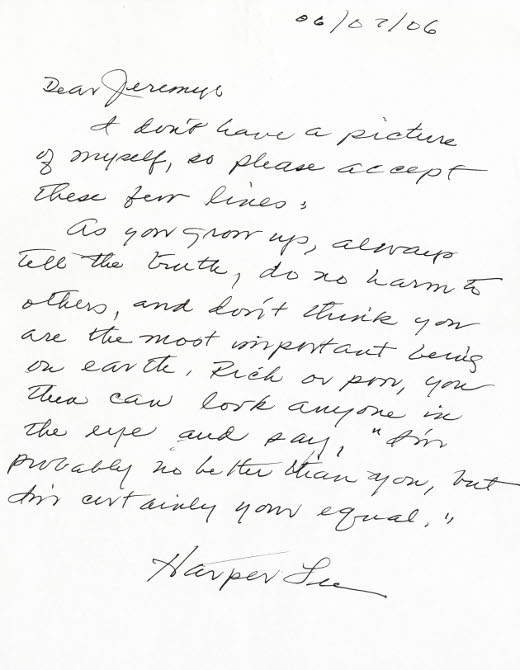
Additional Impacts of Writing
Letter writing has more wide-sweeping benefits than just the fuzzy feeling we get straight out of the mailbox. Writing letters is an engaging way for children to learn the fundamentals of the language.
''The effort of writing is a very real one for a child. Painstakingly manoeuvring (sic) the pencil across the page, thinking of the best words to convey a message, struggling with spelling and punctuation.
''It is, however, an effort worth making, because it's only through practice that we become truly literate – and literacy is the hallmark of human civilisation.''5
Epistolary correspondence is the epitome of killing two birds with one stone. Because letter-writing enables the author to communicate in a slow and deliberate manner, it provides the opportunity to explore word choice, structure, and grammar in a focused way. Furthermore, the concentrated efforts are likely to produce both increased levels of literacy, a significant factor for determining future success,6 and introspection, which promotes healthy "socio-emotional development."7
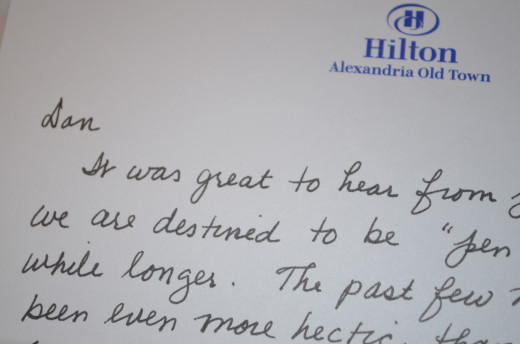
A TED speaker comments on the longevity of letters
Another benefit of recording our messages on paper is their longevity. By comparison to the incredibly temporal nature of electronic communications such as text messages, which demand eventual deletion, and social media messages, which, in time, get pushed off the page, physical paper can last indefinitely. They can be saved and easily retrieved after months, years, or generations. The hands of a reader from any age can finger the same sheets as the writer, and, for a moment, a true connection can be maintained.
Lastly, the beautiful and fading art of letter writing can be used to teach, and not just about syntax. Establishing a mail correspondence is a lesson in patience, focus, time management, reflection, and--if you're doing it right--emotional honesty.
I'll grant the benefits of speed to e-mail and other technologies, but letter-writing is an art form deserving of our respect and reconsideration.
Nostalgic? Yeah, but the advice still fits!
References
1http://jscms.jrn.columbia.edu/cns/2009-04-28/sherman-letterwriting.html
2http://email.about.com/od/emailtrivia/f/emails_per_day.htm
3http://articles.washingtonpost.com/2013-03-21/business/37889387_1_tweets-jack-dorsey-twitter
4http://about.usps.com/who-we-are/postal-facts/#H2
5http://www.telegraph.co.uk/education/educationnews/7744448/Letter-writing-becoming-a-dying-art.html
6http://www.dosomething.org/tipsandtools/11-facts-about-literacy-america
7http://voices.yahoo.com/the-relationship-between-physical-cognitive-social-6295464.html?cat=5

